How to Choose the Right Person Every Time: A Proactive Guide for Employers
Hiring the right team member can feel like striking gold—especially in South Australia's fast-paced property industry. But too often, employers face frustrating setbacks:
- Candidates who nail the interview but don’t deliver on the job.
- New hires who walk away within six months, taking your training investment with them.
- Disruptive additions who upset team dynamics and morale.
- Employees who stray from their core responsibilities, chasing tasks outside their scope.
Sound familiar? If so, you’re not alone.
But here’s the good news: there are practical strategies you can implement to reduce these pain points and increase your odds of hiring the right person—every time.
1. Go Beyond the Interview
It’s easy to get swept away by a candidate with polished answers and a charismatic presence. But performance in an interview doesn’t always translate into performance on the job.
Pro tip: Use situational or task-based assessments. Ask candidates to complete a short project or role-play a real-world scenario they’d likely face in the job. This gives you a preview of how they think, communicate, and handle pressure—beyond just words.
Also, reference checks are a crucial part of the process and shouldn’t be treated as just a formality. At Edge Recruitment, all our candidates are thoroughly vetted through reference checks, and we ask specific, pointed questions to gauge real-life experience and performance:
- “Can you describe a time they were under pressure in a role?”
- “Would you rehire them, and why or why not?”
- “How did they interact with colleagues or clients?”
2. Hire for Culture and Competence
A great candidate isn't just skilled—they also need to fit into your existing team culture. A misaligned hire can quickly create tension and reduce productivity across the board.
Pro tip: Introduce key team members into the later stage of your hiring process. Let candidates meet their potential colleagues informally. Observe how they interact and ask your team for their impressions afterward.
When we interview candidates, we always include values-based questions in interviews to gain insights into how well they will fit in with your current culture:
- “What work environment helps you thrive?”
- “Tell me about a time you clashed with a colleague—how did you resolve it?
3. Define the Role Razor-Clearly
One of the most common issues in recruitment is mismatched expectations. If a candidate doesn’t fully understand what’s expected—or if the role keeps evolving without clarity—they may drift or lose interest.
Pro tip: Provide a detailed job description and stick to it. During interviews, paint a realistic picture of what day-to-day life looks like in the role. Be transparent about challenges as well as perks.
And set boundaries early. If someone’s veering off track and taking on tasks outside their role, have a proactive conversation to bring the focus back.
4. Create a Stellar Onboarding Experience
The first 90 days are crucial. It’s where expectations are set, relationships are built, and loyalty is won—or lost.
Pro tip: Structure your onboarding process. Have a clear plan that includes:
- A welcome session with team introductions
- Clear training objectives and timelines
- Weekly check-ins for the first month
- An open-door policy for feedback and questions
The better the onboarding, the more likely your new hire is to succeed and stick around.
5. Work With a Specialist Recruitment Partner
Let’s be honest: finding the right candidate is time-consuming. And when it goes wrong, the costs—both financial and cultural—are high.
That’s where we come in. At Edge Recruitment, we specialise in matching high-performing professionals with top-tier roles in South Australia's property industry. We understand the nuances of the market, and we know how to screen not just for skill—but for staying power and cultural fit.
In Summary
To avoid common hiring pitfalls:
- Don’t rely on interviews alone—test real-world skills
- Hire for cultural fit as well as capability
- Set clear job expectations from day one
- Make onboarding a priority
- Partner with experts who understand your industry
Choosing the right person every time isn’t a pipe dream—it’s a process. And with the right strategies (and support), it’s absolutely achievable.














